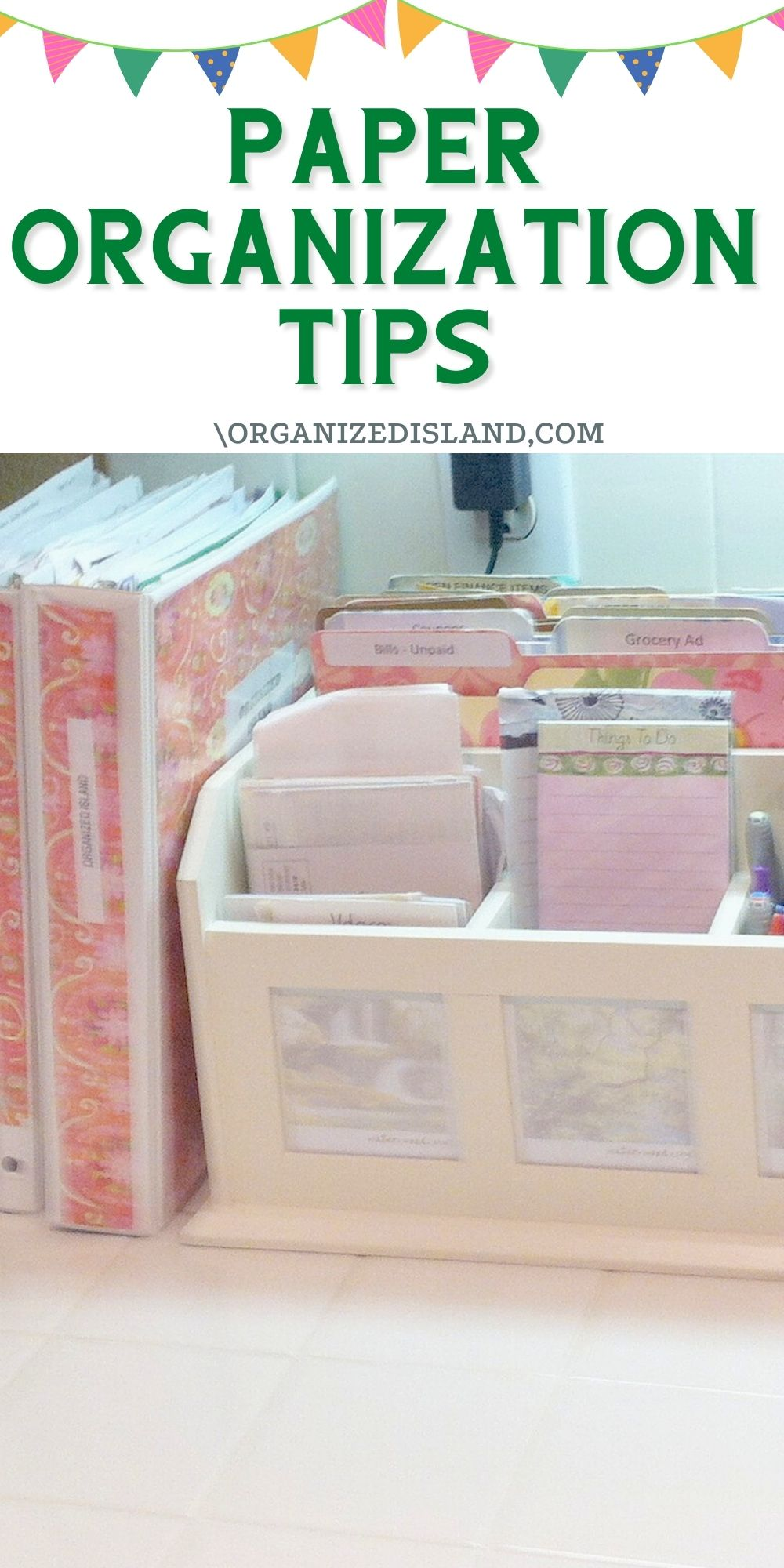Ultimate Guide to Organizing Paperwork for Sticker Shops

In the bustling world of sticker shops, whether you're operating a small business, selling on platforms like Etsy, or running a physical store, organization is key to success. From design drafts to order confirmations, managing your paperwork effectively can significantly impact your operational efficiency and ultimately your bottom line. Here’s how you can keep your sticker shop’s paperwork in tip-top shape.
Why Proper Paperwork Organization Matters

Before diving into the nuts and bolts, it's vital to understand why organization matters:
- Efficiency: Quicker access to documents means more time for creativity and business growth.
- Professionalism: A well-organized business is often seen as more professional by clients and partners.
- Compliance: Legal and financial documents must be kept in order for audits, taxes, and legal protections.
- Peace of Mind: Less clutter and better document management reduce stress levels.
Steps to Organize Your Paperwork

1. Sorting and Categorizing

Start by sorting through all your papers:
- Designs: Sketches, final prints, and copyright documentation.
- Finances: Invoices, receipts, tax records, and bank statements.
- Customers: Order forms, shipping confirmations, and customer feedback.
- Operations: Supplier contracts, employee records, and maintenance logs.
- Legal: Licenses, copyright registrations, and business insurance papers.
2. Choosing Your Storage Solutions

Depending on the volume and type of paperwork:
- File Cabinets: For physical storage of critical documents.
- Binders: Group documents by category or by time period (monthly, quarterly).
- Digital Solutions: Use software like Google Drive, Dropbox, or specialized software like Evernote or OneNote for paperless management.
Table for Comparison:
| Storage Type | Pros | Cons |
|---|---|---|
| File Cabinets | Tangible access, secure | Space-consuming, prone to physical damage |
| Binders | Portable, easy to access | Limited capacity, not ideal for long-term storage |
| Digital Storage | Searchable, space-saving, scalable | Dependence on technology, security risks |

3. Label and Archive

Once you have categories:
- Label Clearly: Use clear, concise labels for easy retrieval.
- Archive Strategically: Decide on retention periods for each category to prevent hoarding old documents.
4. Implement a Routine

Setting up regular maintenance routines:
- Weekly: Sort through new documents, file them appropriately.
- Monthly: Review records, update backups, and reassess your filing system.
- Quarterly: Perform a deep clean, archive or shred outdated documents.
📝 Note: Consider setting reminders for these maintenance routines to ensure they are not missed.
5. Digitize Where Possible

Even if you prefer physical copies, digitizing certain documents provides an additional layer of security:
- Scanning: Use a high-quality scanner or a reliable scanning app on your phone.
- File Naming: Adopt a clear naming convention for digital files to facilitate retrieval.
Ensuring Compliance and Security

Compliance with legal requirements and data security is crucial:
- Confidentiality: Ensure customer information is kept secure.
- Data Protection: Comply with data protection laws like GDPR if applicable.
- Backup: Implement a backup system for your digital records.
Wrapping it All Up

Maintaining an organized sticker shop, especially with regard to paperwork, is not just about cleanliness; it’s about running a smooth and efficient business. From sorting through your designs and financial records to ensuring legal compliance, every aspect of your paperwork management impacts your business’s success. Regular maintenance, smart categorization, and utilizing both physical and digital storage solutions create a harmonious system where documents are not just stored but are readily accessible for business operations.
What should I do if I have too many physical documents?

+
Consider scanning and shredding documents that don’t need to be retained physically. Use digital solutions to minimize physical storage requirements.
How long should I keep my financial documents?

+
It’s advisable to keep financial records for at least seven years for tax purposes, but check local laws as they might require longer retention periods for certain documents.
What’s the best way to secure my digital files?

+
Ensure your digital files are backed up regularly, use encryption for sensitive documents, and protect your devices with strong passwords and possibly two-factor authentication.



